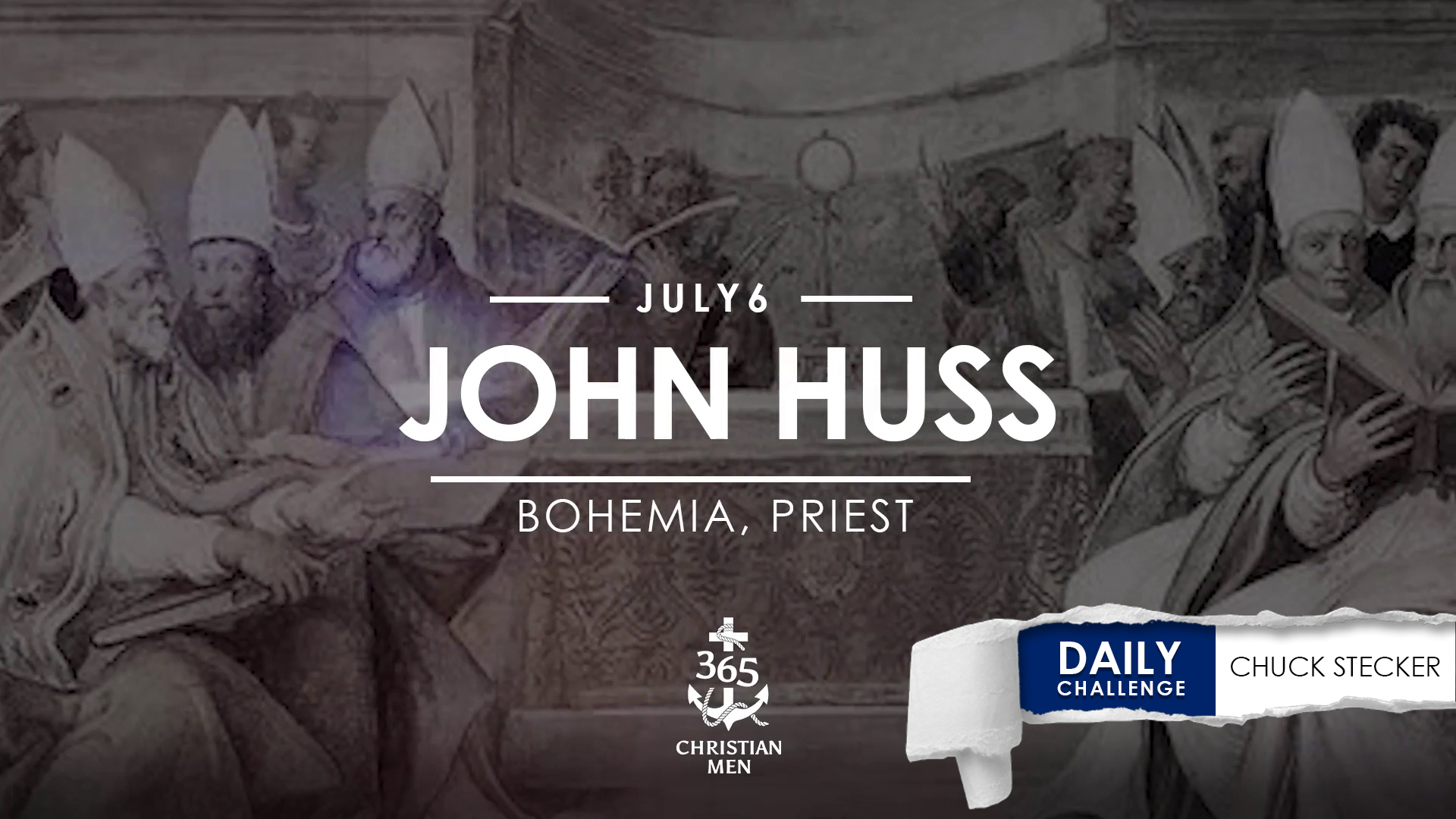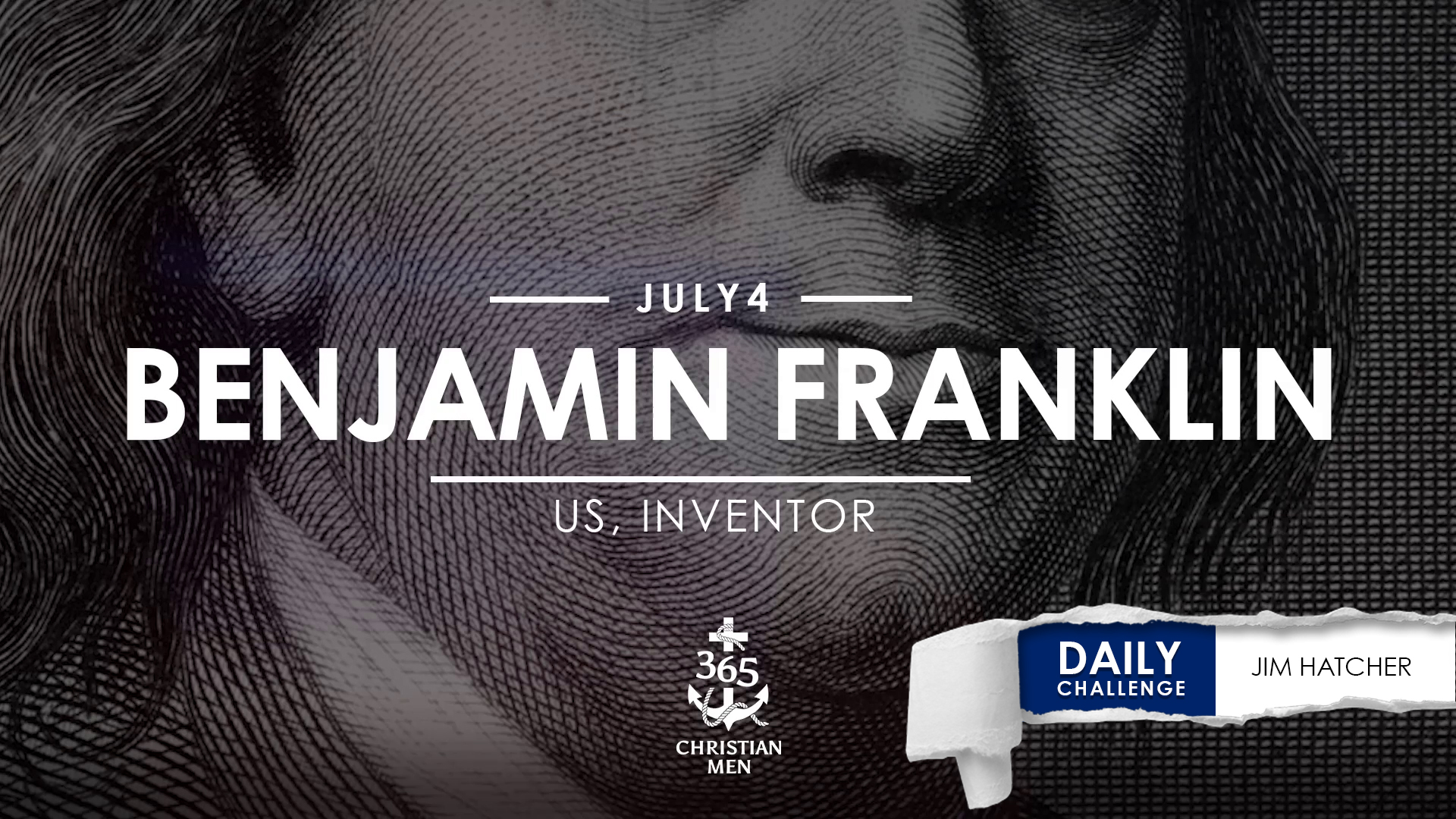July 10. Adam Voss. Adam is a hard-working guy with a houseful of daughters and a love for God that shows up in everyday practical ways. Today’s story is about one of Adam’s days off from work.
Your job may not make you famous, but in Kingdom currency, it’s pure gold.
Adam is a Christian and a barber. But sometimes he doubts that his life makes a difference for the Kingdom of God. Seeing his gregarious, Scripture-memorizing wife lead events for women, Adam wonders why he can’t be more like the Matt Chandlers of the world. He doesn’t preach or lead worship service or write books. He thinks he isn’t anything special as a husband. Why had God left him out of the gift distribution?
But here’s what happened on one of Adam’s days off.
Daisy and Russ had been married now for sixty-one years. And up until the last couple years, for ten years, they had their special Taco Bell breakfast and then stopped in Adam’s barbershop for their haircuts. Adam was their guy.
But now, Daisy and Russ were both in a nursing home and in separate wings—no room available for the couple to be together. Adam still went to the nursing home and cut their hair. Regular barbering for Russ and a buzz cut for Daisy for under her wig.
But this one time, Adam asked his wife Casey—who was a hairstylist—to go with him and make the haircut special for Daisy.
When Adam and Casey checked in at the nursing home, the people at the front desk seemed annoyed. “We have a stylist on staff here; do they know that?”
Adam said, “Yeah, but I’m Russ’s guy.”
By the time Adam and Casey got into Daisy’s room, she was fumbling with her flip phone and afraid they had forgotten. Adam assured her they had arrived at nine like he had promised, but Security took longer than expected.
Daisy was eager to lead them to the other wing where Russ lived. Though Adam helped with the wheelchair, Daisy shuffled her feet down the long halls, her wig tilted and little hairs sneaking out from under.
When they finally got to Russ’s room, he was yelling into his flip phone (as he was hard of hearing), and when he saw Adam, his eyes sparkled. He hollered, “I gotta go. My Adam just got here.”
Adam helped Russ into a more suitable chair, and they talked while Adam cut Russ’s hair. In a nearby alcove, Casey cut Daisy’s hair, too. But every few minutes Daisy shuffle-rolled into Russ’s tiny space to remind Adam not to forget to trim Russ’s beard, or she flirted with Russ, saying things like, “Now, that looks like my guy.”
Russ and Daisy shared many stories with Casey and Adam that day, but they all seemed to be about the couple’s love for one another.
As Adam and Casey were packing up to leave, Daisy rolled in with her checkbook. “How much do we owe you for coming here?”
Adam shook his head. “Nothing.”
“What?” came the screechy voice. “No, I gotta pay you. You came all the way out here.”
Casey said, “The problem is, Daisy, we don’t take money on Wednesdays. We didn’t have anything to do today, so this was our pleasure.”
Daisy wheeled back into Russ’s room and said, “They won’t let us pay them, Honey.”
Russ said, “Well, pay the man!”
Daisy’s voice rose. “No. They don’t want any money!”
Russ reached for his wallet and yelled, “You don’t have any money?”
She wheeled closer and waved her checkbook. “They don’t want any!”
Now Russ was certain he understood. “OK. Write them a check.”
Adam and Casey walked out quietly through the long halls, and Adam reached for Casey’s hand. When they finally made it to the front, Adam asked the woman at the front desk, “What do you have to do to ensure we can have a joint suite around here?”
Casey grinned and told Adam, “I’m glad you’re my guy.”
“Whatever you do, work at it with all your heart, as though you were working for the Lord and not for people” (Colossians 3:23 GNT).
Your life can make a difference when you believe it can, make a decision, and act on it. Your job may not make you famous, but in Kingdom currency, it’s pure gold.
Based on an interview with Adam Voss July 19, 2019.
Story read by: Nathan Walker
Introduction read by: Daniel Carpenter
Audio production: Joel Carpenter
Editor: Teresa Crumpton, https://authorspark.org/
Project manager: Blake Mattocks
© 2020, 365 Christian Men, LLC. All rights reserved.














